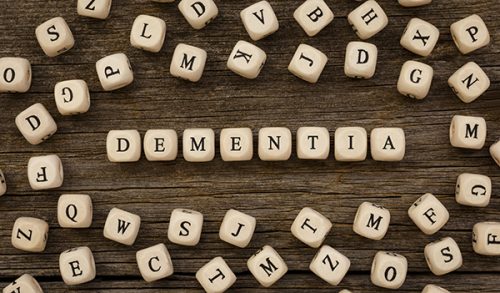When someone has Dementia, it is all too easy to just see the illness and forget about the person they used to be. To deliver truly person -centred care we need to see the world through their eyes, considering their likes and dislikes, their personality traits and their opinions. Many people do this instinctively and with good results. The person they care for is calmer and happier in their presence which in turn makes life easier for them. Have you ever watched someone with Dementia come alive when their favourite friend or relative visits? There is a connection there. Chances are you are watching person centred care in action and it is heart-warming to see.
In a busy care setting it can seem like an impossible task to fit in person centred care to make a difference to residents’ lives. It’s just not possible to always do what they want but little things really do mean a lot.
Choices
Choosing your own food, clothes, lipstick or music can make someone with Dementia feel more in control of their lives, which in turn can make them feel calmer and happier. Can you imagine your frustration if your partner suddenly made you wear an old dress you’ve never liked? Or made you Weetabix for breakfast at 7:00am, when all you wanted was banana and a cup of coffee at 9:30am. Or bought cheap toothpaste that tastes like TCP when you ONLY use Colgate! It’s a scary thought.
Giving someone with Dementia too much choice is overwhelming, but some choice is essential. Offer a couple of choices, looking carefully for a reaction to each choice.
Showing pictures can help. If someone just can’t choose then give them something that you know they have always enjoyed. You can’t always do things the way they want. Doing your best is what counts.
Meaningful Activities
The more you get to know your residents and understand their past lives, their personalities and the little quirks that make them unique, the easier it is to provide meaningful activities and interactions. Even if you have no time to start an activity you can ask questions and offer choices while you go about your daily duties… “Who is that in the photo?” “What would you like to do today?”.
Ask yourself… is there anything I can do to help. For example, tune the radio or TV to their favourite channel. Phone a relative for them. Involve them with day to day activities (setting tables, opening curtains, giving out biscuits).
A 2-minute chat, singing or humming a tune or even just sitting with a reassuring hand on their arm is still worthwhile.
Putting out different objects of interest in communal rooms can be a great way of stimulating conversations and rekindling old memories. For example: polished stones, reminiscence cards, stress balls, dressing up hats and gloves, old household items.
You can theme them to seasons or events. Notice how residents respond to them and encourage conversation and interactions.
In less than 5 minutes, you can provide a meaningful activity which will brighten someone’s day or just result in a smile that speaks a thousand words.




